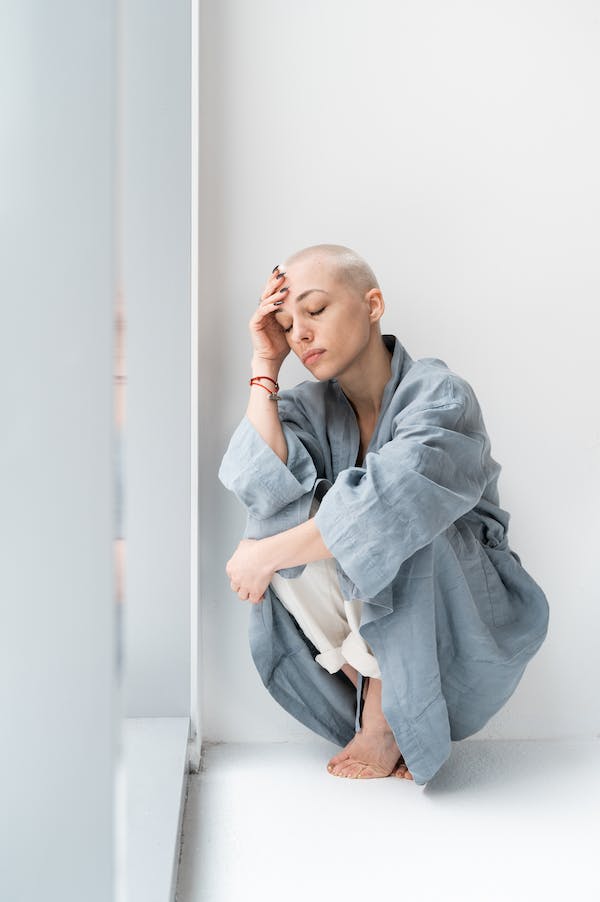What is Opioid Addiction?
by siteadmin

Addiction is a chronic, relapsing illness that disrupts your life and causes physical and psychological difficulties.
Opioids activate the reward circuit in your brain, producing feelings of pleasure and euphoria. However, this high is only temporary; once it wears off, you may feel compelled to take more opioids in order to experience similar effects again.
Physical dependence
Physical dependence occurs when someone takes an opioid regularly and their body becomes dependent on it. As a result, they require more and more of the drug for the same effect to be felt.
When someone discontinues opioid medication, they may experience unpleasant withdrawal symptoms known as withdrawals. These can include muscle and bone pain, diarrhea, vomiting, cold flashes and tremors.
Everyone experiences withdrawal symptoms differently. For some individuals, symptoms may last just a few days while for others they can last months or years.
Physical dependence and tolerance are common side effects of repeated drug usage, but do not guarantee addiction to the substance. Although addiction and dependence are sometimes confused, it's essential to recognize their distinct conditions.
Cravings
Opioid cravings are an integral part of addiction and they can be difficult to manage, even if you are using less opioids than before.
Cravings can last anywhere from 20 minutes to an hour and are usually intense. They may also occur in certain places or with specific people.
Combatting opioid cravings with medications such as maintenance therapy (MAT), which helps you suppress the urge to use opioids. MAT typically comes in the form of buprenorphine or methadone.
In addition to medication assisted therapy (MAT), patients can also work on developing coping skills that will make it easier for them to resist drug use. They can practice distraction techniques, take care of their health issues, and open up about their feelings with others. These measures reduce the likelihood of relapse during treatment and are essential in aiding people recover from opioid addiction.
Overdose
Opioids work by activating a circuit in your brain linked to reward processing, leading to an experience of euphoria or "high." However, overuse can erode this connection and leave you physically dependent on the drug – leading to physical dependence on its effects.
You may develop tolerance to the drug, meaning you need more of it for the same effect or prevention of withdrawal symptoms. People who misuse prescription opioids may become addicted to heroin or illegally manufactured fentanyl – 50 to 100 times stronger than pharmaceutical fentanyl.
When someone uses opioids in excess or too quickly, they may experience an overdose. When this occurs suddenly, breathing may slow to a crawl before stopping altogether – known as "death rattle."
Treatment
There are various treatments available for those struggling with opioid addiction. These include medically supervised withdrawal, medications and therapy or counseling to address the underlying causes of use and teach healthy coping mechanisms.
Opioids can help alleviate cravings and withdrawal symptoms, freeing you to focus on making lifestyle changes that lead to recovery. However, remember that taking medication does not replace the drug that caused the addiction; thus, those with a history of relapse or who are using illegally should not take these drugs (see Safe Use of Opioids section).
In addition to medications, doctors often recommend behavioral therapies and family therapy as part of a comprehensive treatment plan. These therapies address the underlying reasons people use substances while also teaching them effective coping strategies for dealing with stress, anxiety and depression.
222 Phillip Stone Way, Central City, KY 42330
Addiction is a chronic, relapsing illness that disrupts your life and causes physical and psychological difficulties. Opioids activate the reward circuit in your brain, producing feelings of pleasure and euphoria. However, this high is only temporary; once it wears off, you may feel compelled to take more opioids in order to experience similar effects again.…
Recent Posts
- Lawn Care Spring Branch Advocates for Property Care: Combatting Weed Growth and Preserving Curb Appeal
- Saddlebred Roofing Revolutionizes Gutter Repair and Installation in Louisville, KY
- Clearing the Dust: Duct Cleaning Louisville KY Shares Tips to Make Your Home Less Dusty
- Revolutionizing Real Estate Investment: Exploring the Promise of Robinhood Real Estate Investments
- Expert Cleaners Lexington Announces Commitment to Safe, Sustainable Cleaning Practices, Expanding to Georgetown, KY
